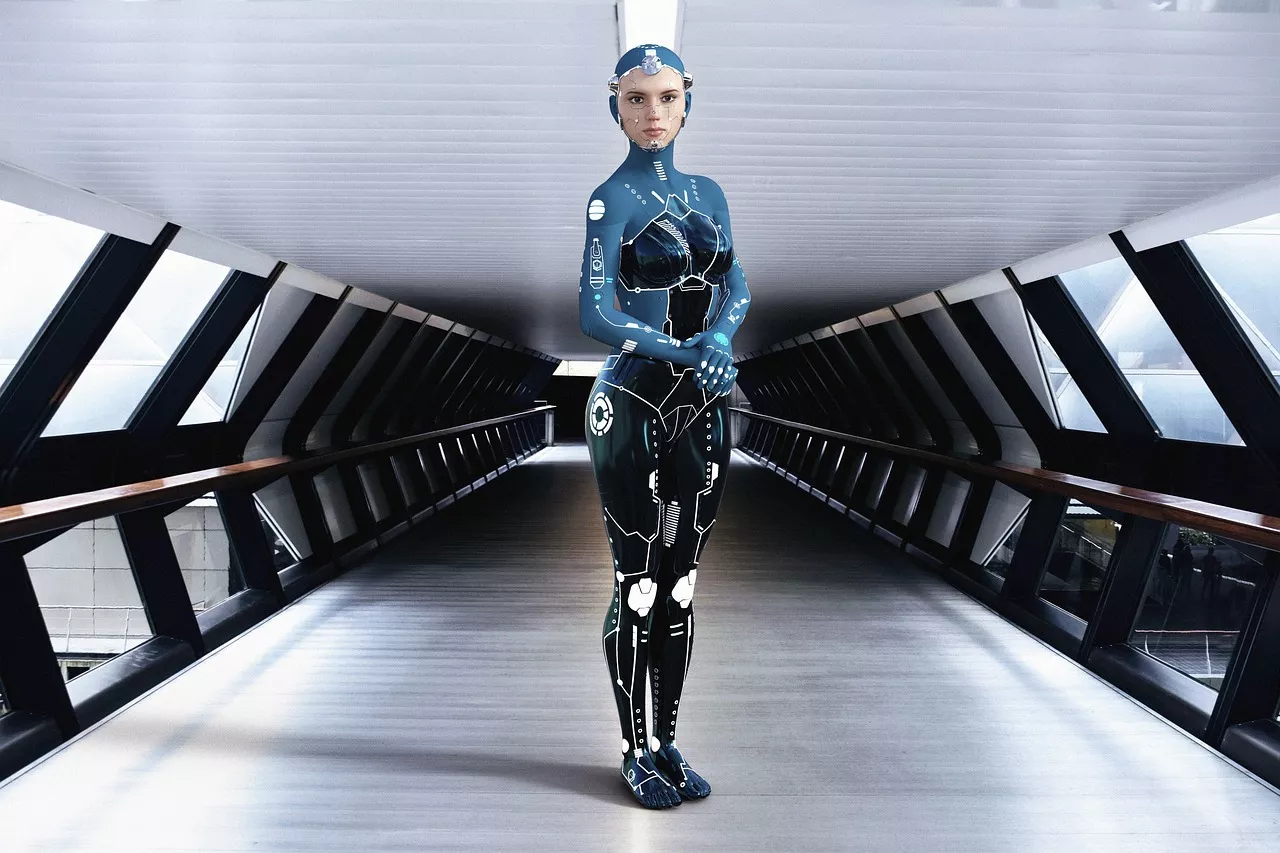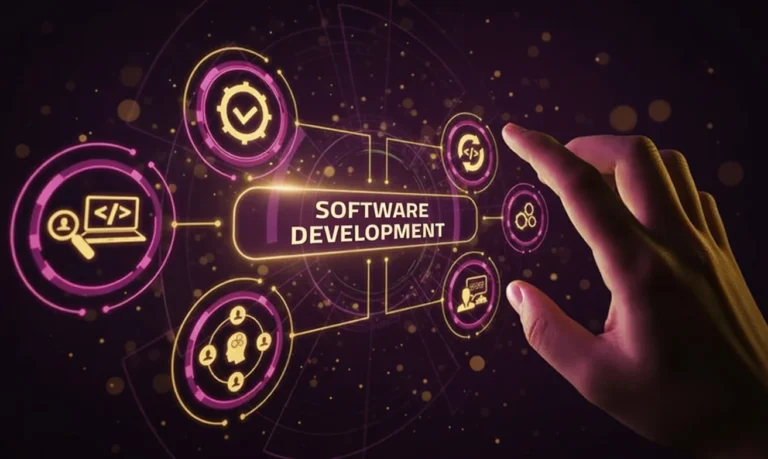
Novanta Hosts ISO Meeting on Humanoid Robot Safety Standards
Novanta Inc. a trusted technology partner to medical and advanced industrial OEMs, announced that it will host an International Organization for Standardization (ISO) working group event focused on humanoid robot safety standards. The event will take place in Barcelona, Spain, from October 27–30, 2025, and will serve as a key milestone in shaping global safety guidelines for the rapidly advancing humanoid robotics sector.
This ISO working group represents a multi-year international initiative aimed at establishing a comprehensive safety framework for humanoid robots — covering how these machines are designed, developed, and deployed in real-world environments. The event will bring together 40 to 50 global experts, innovators, and industry stakeholders who are collaborating to define standards that ensure safe and responsible interaction between humans and humanoid robots.
By hosting this prestigious ISO event, Novanta reinforces its long-standing commitment to technological innovation, cross-industry collaboration, and the advancement of global safety standards. The company has positioned itself as a proactive leader in robotics and automation, promoting the responsible and ethical integration of new technologies into everyday life.
“Humanoid robotics come with a unique set of challenges that demand a distinct approach to safety,” said Chuck Ravetto, Co-Chief Operating Officer of Novanta Inc. “These systems differ significantly from traditional industrial robots, and as they become more autonomous and integrated into human spaces, safety considerations become even more critical. By engaging directly with experts and industry participants through an ISO working group, we can collectively create and codify safety standards under the upcoming ISO 25785-1 framework. This will ensure that the full range of potential risks are understood, managed, and mitigated effectively. We are honored to play a role in shaping these essential standards.”
Ravetto emphasized that the collaborative nature of the ISO process is vital to ensuring that the emerging generation of humanoid robots can be developed and deployed responsibly. “We are working with global experts and industry leaders to establish guidelines that allow innovation to move forward safely,” he added. “This initiative ensures that as robotics evolve, they do so in a way that protects people, supports businesses, and strengthens public confidence in new technologies.”
The ISO 25785-1 standard under development will focus specifically on humanoid robot safety, encompassing the broad spectrum of design, function, and operation in both industrial and public settings. Unlike traditional industrial robots that often operate in controlled environments, humanoid robots are expected to interact more freely with humans — in workplaces, healthcare facilities, educational settings, and even domestic environments. As such, ensuring they can function safely and predictably in these diverse settings is essential to their success and acceptance.
Hosting the working group event in Barcelona demonstrates Novanta’s commitment to fostering global collaboration and thought leadership in robotics. The gathering will serve as a forum for open dialogue among engineers, researchers, regulatory authorities, and technology developers, allowing them to share insights and align on best practices for human-robot interaction.
“Safety is the foundation of trust in automation,” Ravetto noted. “Our role as a technology partner goes beyond innovation — it’s about creating systems that are safe, reliable, and beneficial to society. By working together through ISO, we can establish a shared global vision for humanoid robot safety that enables progress while protecting what matters most — people.”
The event will include working sessions, demonstrations, and technical reviews designed to advance the draft of ISO 25785-1. Participants will evaluate current research, share case studies, and examine real-world safety considerations across industries where humanoid robots are being piloted. The outcome of these discussions will contribute to the next iteration of the international standard, moving one step closer to publication.
Novanta’s involvement in this initiative reflects its broader mission of enabling innovation that improves productivity, precision, and safety across industries. Through its deep expertise in photonics, precision motion, and vision technologies, Novanta continues to play a crucial role in driving the next generation of intelligent automation systems.
As humanoid robotics move from laboratories into everyday environments, the establishment of robust global safety standards will be vital. By hosting the ISO working group, Novanta underscores its belief that innovation and safety must advance hand in hand — ensuring that the rise of physical AI benefits humanity responsibly and sustainably.





